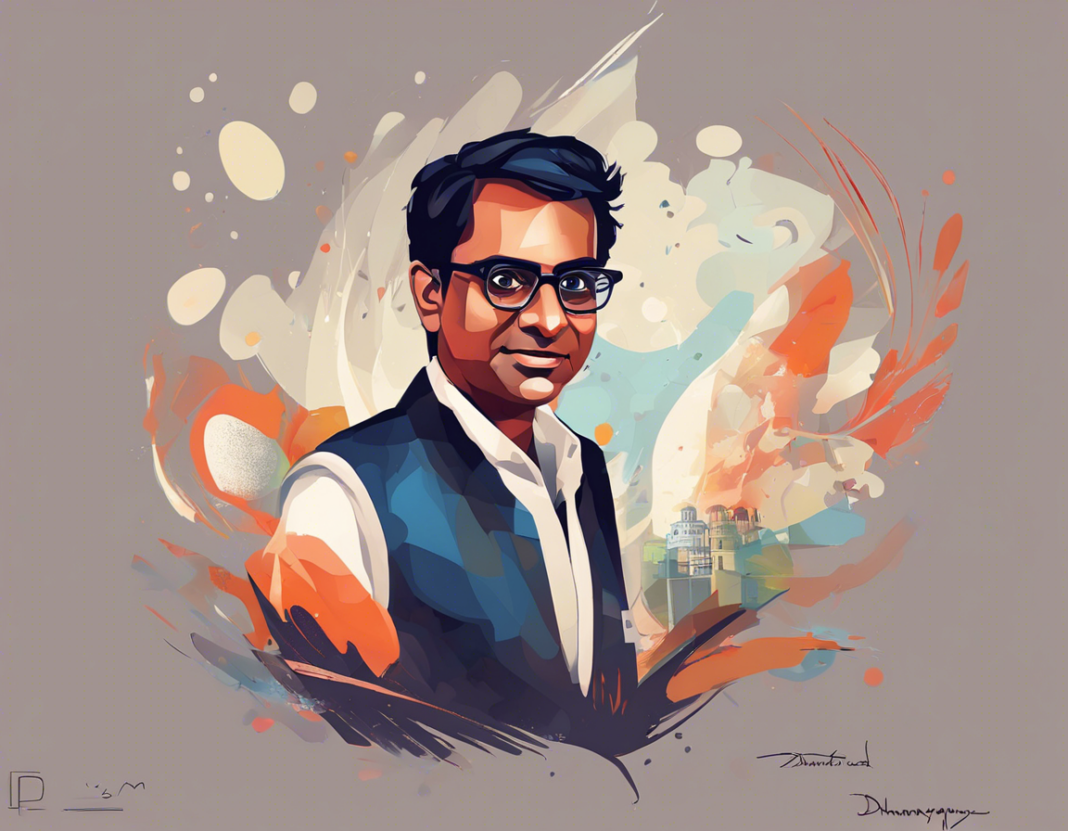Dhananjaya Yeshwant Chandrachud, the son of former Chief Justice of India Y.V. Chandrachud, is a prominent figure in the legal landscape of India. Born on November 11, 1959, in Mumbai, he followed in his father's footsteps to become a distinguished jurist and currently serves as a judge on the Supreme Court of India. Chandrachud's career in law has been marked by his intellectual rigor, progressive interpretations of the law, and commitment to upholding constitutional principles. In this article, we delve into the profile of Dhananjaya Y. Chandrachud, exploring his background, notable judgments, and contributions to the field of law.
Early Life and Education
Dhananjaya Y. Chandrachud completed his Bachelor of Arts and LLB degrees from the University of Mumbai. Following this, he pursued a Bachelor of Civil Law from the University of Oxford, further enriching his legal acumen. Chandrachud's educational background equipped him with a strong foundation in law, paving the way for his illustrious career in the legal realm.
Judicial Career
Chandrachud's journey in the judiciary began in 2000 when he was appointed as a judge of the Bombay High Court. His tenure at the Bombay High Court was distinguished by his judicious approach and keen legal insights. Subsequently, he went on to serve as the Chief Justice of the Allahabad High Court and the Kerala High Court before being elevated to the Supreme Court of India in 2016.
As a Supreme Court judge, Chandrachud has presided over several landmark cases that have had far-reaching implications for the Indian legal landscape. His judgements are characterized by a blend of legal expertise and a deep understanding of constitutional principles. Chandrachud is known for his progressive outlook, often emphasizing the importance of protecting individual rights and liberties.
Notable Judgments
One of Chandrachud's notable judgments includes the historic verdict on the constitutional validity of Aadhaar, India's biometric identification program. In a landmark judgment, the Supreme Court, with Chandrachud on the bench, upheld the constitutional validity of Aadhaar while striking down certain provisions that raised concerns about privacy and data security.
In another significant judgment, Chandrachud played a pivotal role in decriminalizing consensual homosexual relations between adults, a decision that was hailed as a significant step towards upholding the rights of the LGBTQ+ community in India. Chandrachud's nuanced understanding of fundamental rights and his progressive approach to legal interpretation shone through in this groundbreaking verdict.
Contributions to Legal Discourse
Apart from his judicial duties, Chandrachud has also made valuable contributions to legal scholarship through his writings and lectures. His insights on contemporary legal issues have enriched the discourse on constitutional law in India. Chandrachud is known for his clear and incisive analysis of complex legal matters, making him a respected voice in the legal fraternity.
Conclusion
Dhananjaya Y. Chandrachud stands as a luminary in the Indian judiciary, known for his erudition, progressive approach to law, and unwavering commitment to upholding constitutional values. Through his noteworthy judgments and contributions to legal scholarship, Chandrachud has left an indelible mark on the legal landscape of India, inspiring a generation of legal professionals to uphold justice and the rule of law.
Frequently Asked Questions (FAQs)
1. What are some of the key principles that Dhananjaya Y. Chandrachud advocates for in his judgments?
In his judgments, Chandrachud often emphasizes the importance of protecting individual rights, upholding constitutional values, and promoting social justice. He is known for his progressive interpretations of the law that prioritize inclusivity and equality.
2. How has Chandrachud's background influenced his judicial philosophy?
Coming from a family steeped in legal tradition, Chandrachud's background has instilled in him a deep respect for the rule of law and the principles of justice. This has shaped his judicial philosophy, guiding his decisions towards upholding the rights of the marginalized and vulnerable sections of society.
3. What role did Chandrachud play in the landmark judgment decriminalizing consensual homosexual relations in India?
Chandrachud played a significant role in the verdict that decriminalized consensual homosexual relations between adults in India. His progressive interpretation of fundamental rights and emphasis on individual autonomy were instrumental in recognizing the rights of the LGBTQ+ community.
4. How does Chandrachud's academic background contribute to his judicial acumen?
Chandrachud's diverse academic background, including degrees from prestigious institutions like the University of Oxford, has honed his legal acumen and provided him with a nuanced understanding of complex legal issues. His academic pursuits have contributed to his reputation as a scholar-jurist.
5. What are some of the ongoing legal debates that Chandrachud has been actively involved in?
Chandrachud has been actively involved in several legal debates, including those concerning privacy rights, data protection, and electoral reforms. His interventions in these debates reflect his commitment to addressing contemporary legal challenges and upholding democratic principles.

